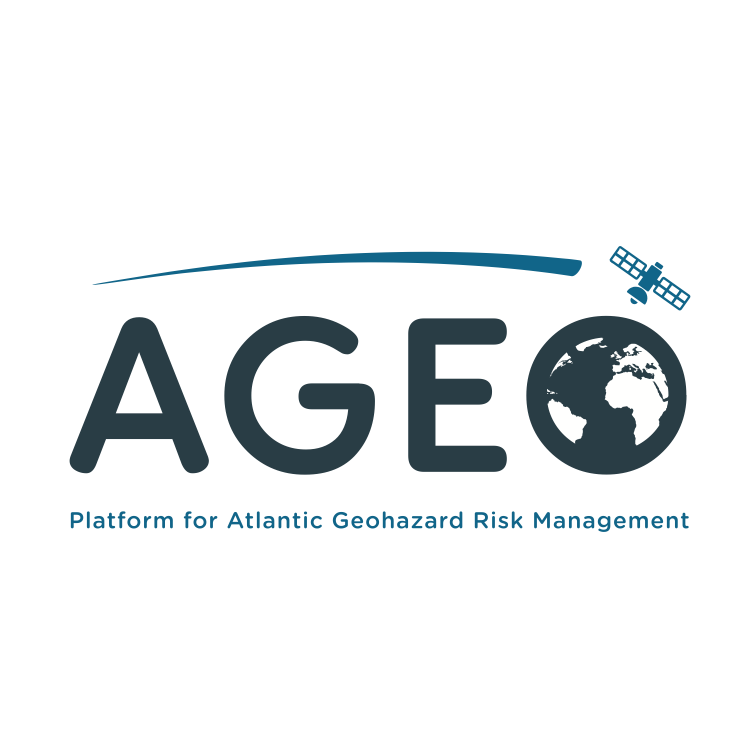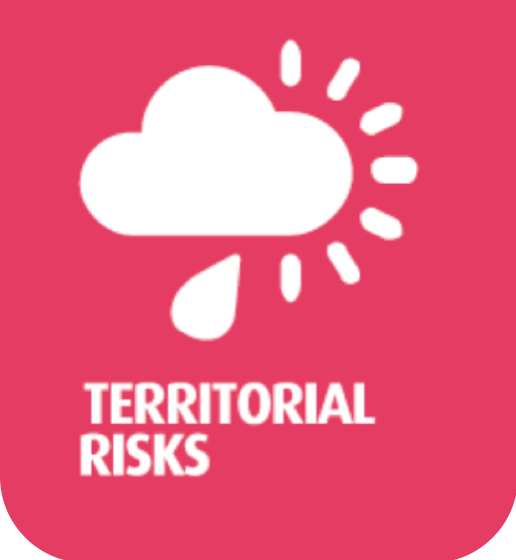The Platform for Atlantic Geohazard Risk Management (AGEO) is a new project co-financed under the Interreg Programme for the Atlantic Area which aims to launch several Citizens’ Observatory pilots on geohazards according to regional priorities. These will demonstrate how citizens’ involvement in geohazard risks prevention can strengthen regional and national risk management systems. Instituto Superior Técnico (Portugal) leads the consortium of AGEO that also counts with several other partners from Portugal, Spain, France, Ireland and the United Kingdom.
The Atlantic region is exposed to a range of low-probability / high-impact events and various hazard risk scenarios, which, due to the low likelihood of occurrence and/or the high cost of mitigating action, lack the level of preparedness for effective monitoring and response.
AGEO aims to pilot a new form of engagement between civil society and local authorities for geohazards-related local capacity building and encourage the local use of innovative Earth observation products and services provided by European data infrastructures, with special focus on the Copernicus platform. The project will foster a more efficient uptake of Copernicus data, products and services on regional level.
AGEO will engage with local communities to actively participate in risk preparedness and monitoring, and incorporate local capacities into risk management systems. Experiences gained during the implementation of the Citizens’ Observatory pilots will be used to formulate recommendations for the creation of future observatories in response to the widest range of hazards (both natural and human-induced) faced in the Atlantic region.
AGEO’s main objectives are to:
- Encourage the regional-level uptake and use of products and services provided by European spatial data infrastructures, such as Copernicus or EGDI.
- Create a cooperation and resource platform on Atlantic geohazards risk assessment, preparedness, mitigation and prevention.
- Deliver concrete case studies to confirm the capacities of Citizens’ Observatories in improving risk management systems.
On the 4thand 5thof June, the Instituto Superior Técnico of Lisbon hosted the kick-off meeting with the attendance of all consortium members. There were separate sessions for all work packages and a detailed planning for the first year of the project was set.



